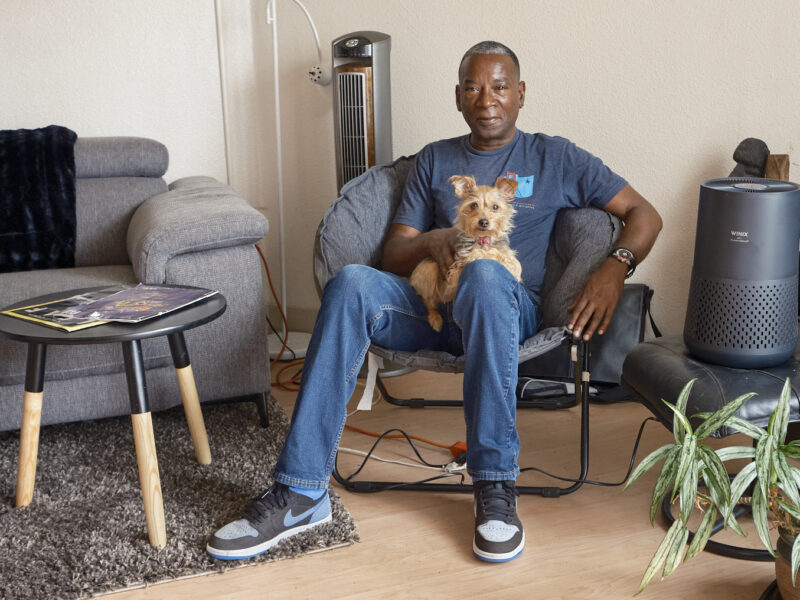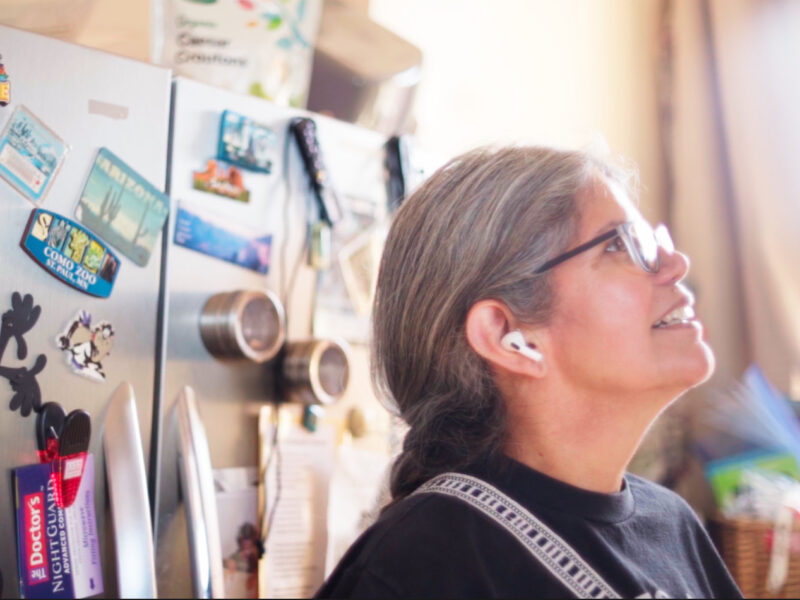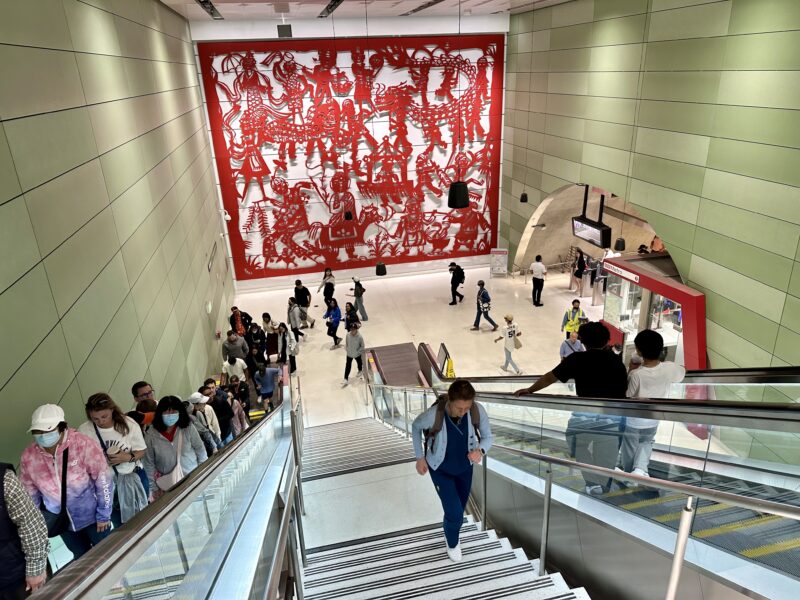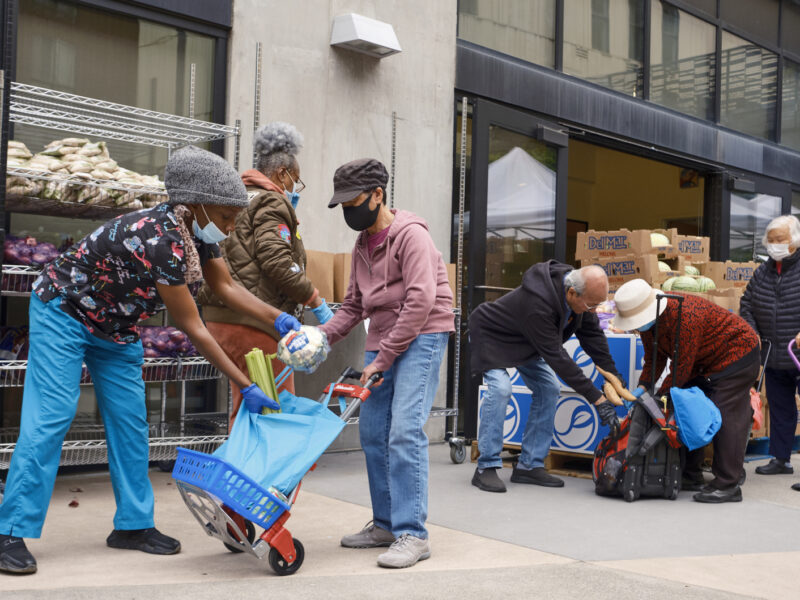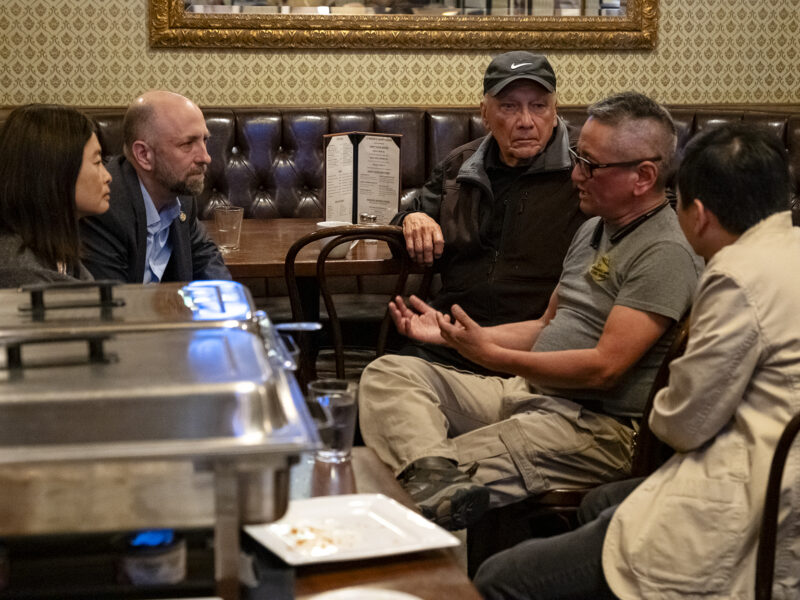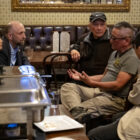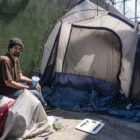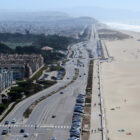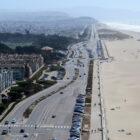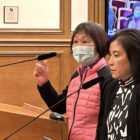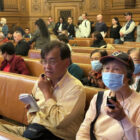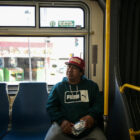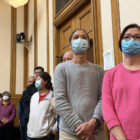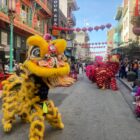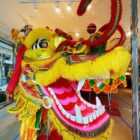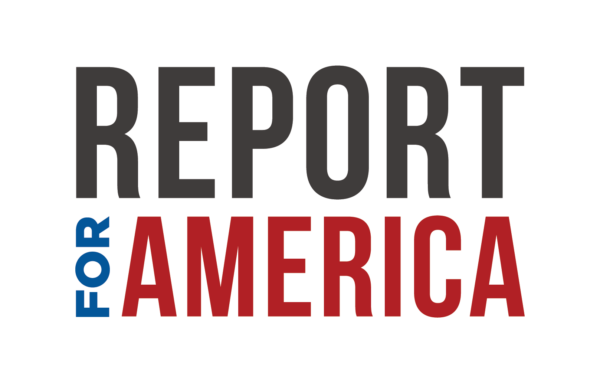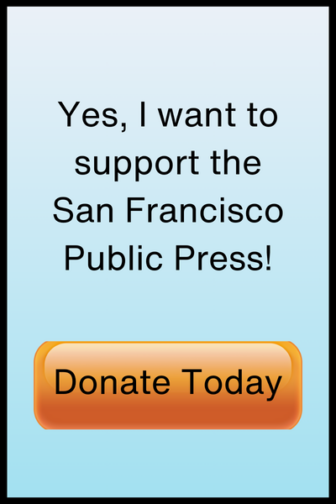John Britt and dozens of other tenants are breathing easier, now that they have government-funded air purifiers. Community groups cut through bureaucracy to put the devices in their hands, in a pilot project that might continue next year if it proves successful enough.
Elections
SF Lawmaker Faces Growing Backlash for Supporting Great Highway Closure
Many of Supervisor Joel Engardio’s constituents, who live on San Francisco’s west side, said they felt caught off guard by his move to co-sponsor a ballot measure to permanently close the Great Highway to car traffic and turn it into a park.
They said he should have consulted them before backing the measure, and some are pushing him to alter or withdraw it from the ballot.
Homelessness
Homeless Outreach Declines With Street Team’s Shifting Priorities, Staffing Woes
Street outreach by San Francisco’s premier team for helping people living on the streets has fallen for years and could continue dropping.
Years-long staffing woes and shifting work priorities have driven the decline, leaving the team less time for their core mission: building trust with unhoused people and helping them access social services and housing. Homelessness advocates approved of the team’s new efforts to bring people indoors, but worried that officials’ political motives might be influencing these changes.
Community
商戶們反對將海洋公路改建公園的提案
一個代表日落區數十名商戶的團體公開反對一個投票提案。該提案將讓選民決定是否禁止車輛通行三藩市海洋公路(Great Highway)禁車,並將其改造為海濱公園。
該商戶團體表示,關閉公路可能會減慢城市西側的交通,以至於損害該市西側的商業。這可能會減少顧客人流量並延遲待售商品的交付。
(This story also available in English. Click to find it.)
Community
Merchants Oppose Ballot Measure to Turn Great Highway Into Park
A group representing dozens of merchants in the Sunset District is objecting to a ballot measure that would close San Francisco’s Great Highway to cars and transform it into a park.
The closure could hurt businesses on the west side of the city, the group said, by slowing car traffic to them. That might reduce clientele foot traffic and delay the delivery of merchandise for sale.
Bay Area
As Bay Area Cities Adopt Real-Time AI Translation for Public Meetings, SF Abstains
Cities in Northern California are increasingly adopting artificial intelligence-powered translation tools in an effort to make public meetings more accessible to residents who are not proficient in English. The technology could address obstacles to access in San Francisco, where people can struggle to obtain city-provided interpreters.
Should San Francisco consider following San Jose, Modesto and others in adopting AI translation? City officials say no, and some community groups are wary but open to the possibility.
City Hall
Inadequate Language Services Leave Immigrants in the Dark at SF Public Meetings
For immigrants and other San Francisco residents who speak little English, accessible and robust interpretation services are essential in order to understand what’s said at public meetings and communicate with officials.
The city claims to have the strongest language-access policies in the nation, and a new proposal is on the way to strengthen them further. But, in practice, those policies leave a communication gap between lawmakers and those affected by their laws, community groups say.
Community
After Months-Long Coma, This Latino Immigrant Worker Is Still Fighting Mysterious Symptoms
Osbaldo Varilla-Aguilar and his housemates are members of a community that may have been hardest hit by COVID-19 in San Francisco: immigrants, especially those working unprotected essential jobs. While the devastating impacts on Latinx residents in the Mission District and Bayview are increasingly documented, the lingering, and sometimes extreme, symptoms of infection are much less understood.
Community
Cannabis Dispensary and Lounge to Open in SF Bayview, Despite Residents’ Objections
The dispensary will be on one of the Bayview’s less developed streets, near low-income and senior housing. Over a dozen cannabis facilities already operate in the neighborhood, nearly all of which are used only to grow the plant.
Many residents, especially Chinese Americans, have opposed the new facility, which will sell cannabis products, out of fear that it will encourage drug use and make the area less safe. Despite their objections, the city’s Planning Commission approved the project Thursday because it did not violate city laws.
Community
In SF’s Chinatown, Conflict Over Outdoor Events Resolved — for Now
A dispute among Chinatown businesses appears to be temporarily quelled, following a decision by San Francisco’s Board of Appeals to limit amplified sound at outdoor events along a major tourist artery for the next two months.
Merchants had objected after a local dance company obtained the amplified-sound permit. It was the latest point of friction resulting from a gradual uptick in events, which have disrupted some businesses in the neighborhood.
Arts & Culture
New Parade Dragon Carries on Local Legacy Dating Back Nearly 175 Years
There will be a brand new dragon in this year’s Chinese New Year Parade finale, celebrating the Year of the Dragon.
The Chinese New Year Parade, the festival’s pinnacle event, is scheduled this Saturday. Until then, the new dragon is on display at Three Embarcadero Center.
The parade’s organizer, the San Francisco Chinese Chamber of Commerce, has announced the roster of floats and entertainers who will participate, including a 289-feet golden dragon that debuted in public on Lunar New Year’s Day, Feb. 10, for a Taoist “awakening” ceremony.
